
We Are, All of Us, Wholehearted

The ninth house allows us to weave the net under the highwire we walk across in the tenth. Work in the ninth house is what allows us to catch ourselves when we fall.


The ninth house allows us to weave the net under the highwire we walk across in the tenth. Work in the ninth house is what allows us to catch ourselves when we fall.




What I am doing with my heaped-up heart.


This fear work comes on the heels of understanding the difference between: ‘giving everything I have’ and ‘giving everything I have to give’.


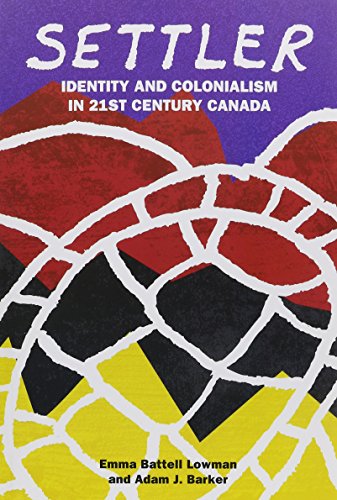
Canada has never had an “Indian problem”— but it does have a Settler problem. But what does it mean to be Settler? And why does it matter?
Through an engaging, and sometimes enraging, look at the relationships between Canada and Indigenous nations, Settler: Identity and Colonialism in 21st Century Canada explains what it means to be Settler and argues that accepting this identity is an important first step towards changing those relationships. Being Settler means understanding that Canada is deeply entangled in the violence of colonialism, and that this colonialism and pervasive violence continue to define contemporary political, economic and cultural life in Canada. It also means accepting our responsibility to struggle for change. Settler offers important ways forward — ways to decolonize relationships between Settler Canadians and Indigenous peoples — so that we can find new ways of being on the land, together.
This book presents a serious challenge. It offers no easy road, and lets no one off the hook. It will unsettle, but only to help Settler people find a pathway for transformative change, one that prepares us to imagine and move towards just and beneficial relationships with Indigenous nations. And this way forward may mean leaving much of what we know as Canada behind.
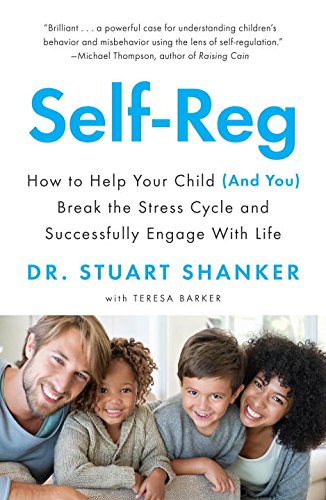
From internationally celebrated research professor Stuart Shanker, a revolutionary new understanding of stress as the key that unlocks kids’–and parents’–most troubling behaviour.
There is no such thing as a bad kid. According to world-renowned researcher Stuart Shanker, even the most frustrating, annoying or troubling behaviour has an explanation. That means there is a way to make things better.
Shanker’s research has shown that for every child and every adult the ability to thrive–to complete tasks, form friendships, learn, and even love–depends on being able to self-regulate. In the past twenty years neurobiological research has been showing us a lot about brain states, and what is clear now is that the ability to self-regulate in response to stress is central.
There are dramatic consequences to looking at a child’s behaviour through the lens of self-regulation. Above all it discards the knee-jerk reaction that a child who is having trouble paying attention, controlling his impulses, or who gives up easily on a difficult task, is somehow weak or lacks self-discipline or is not making a great enough effort to apply himself.
According to Shanker, the ability to deal effectively with stress is limited, though. Like a tank of gas, our energy reserves eventually dwindle, leaving a kid–or an adult–simply unable to control his or her impulses. That is, misbehaving kids aren’t choosing to be difficult. They literally can’t help themselves. And what draws down our reserves? Excessive stress. Stress of all kinds, from social anxiety to an uncomfortable chair. Reduce the stress loads, and problems quickly dissipate.
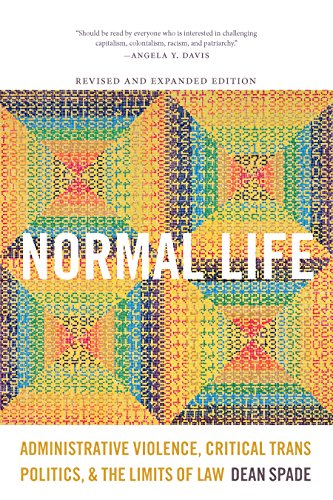
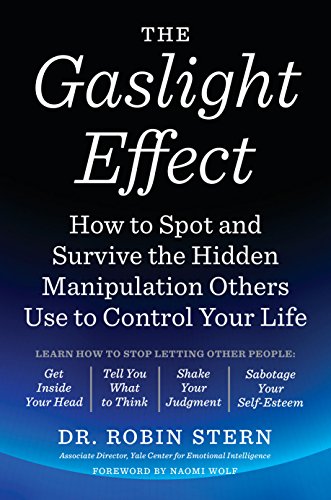
testing full desc
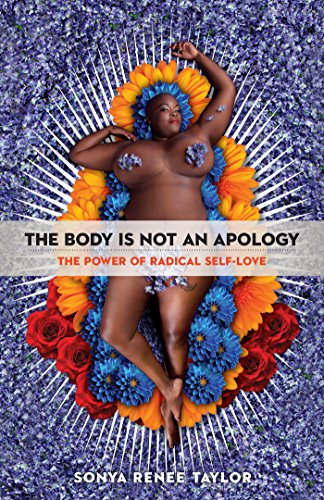
testing the full description
Recent Comments